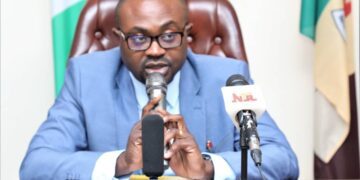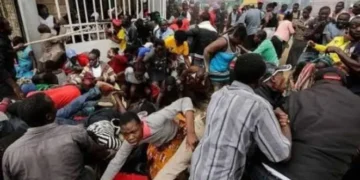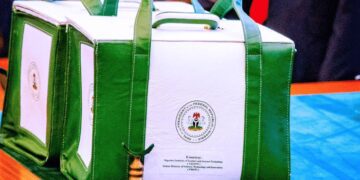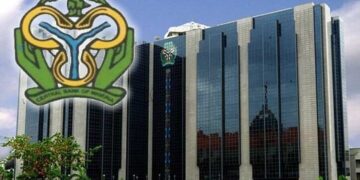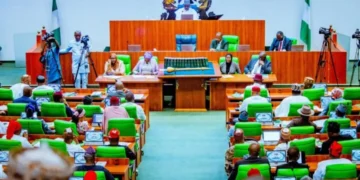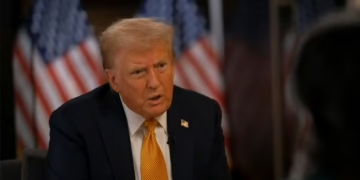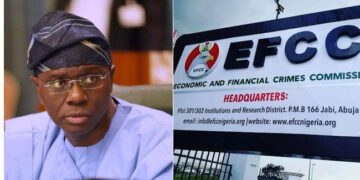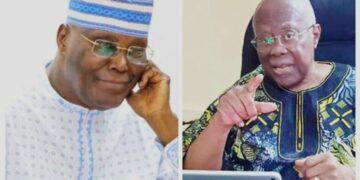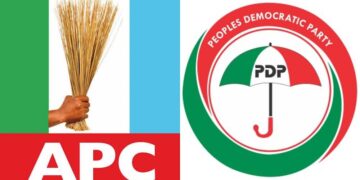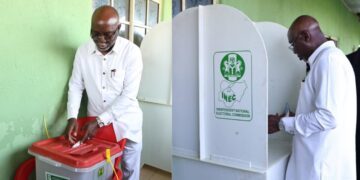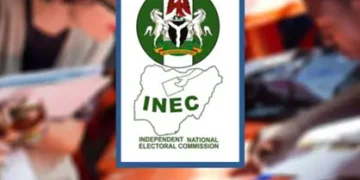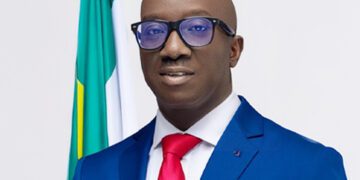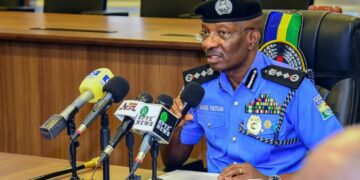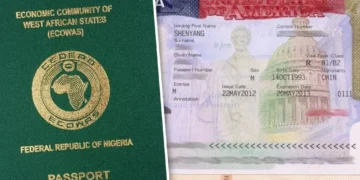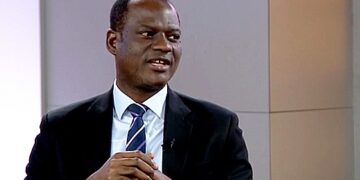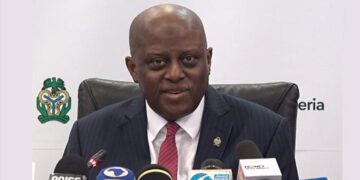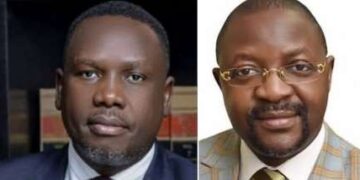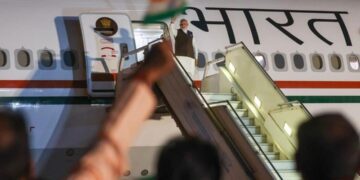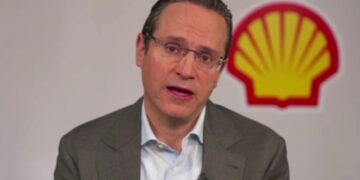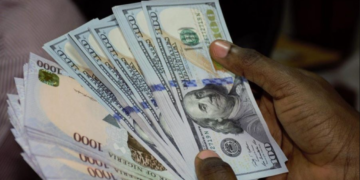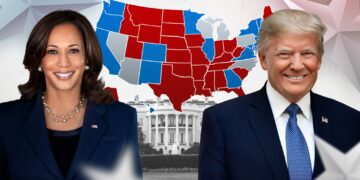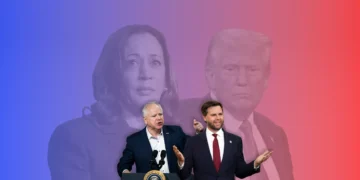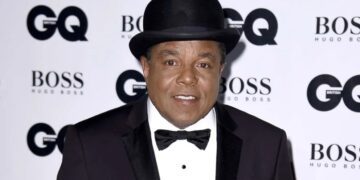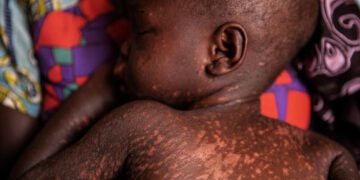The Nigeria Financial Intelligence Unit (NFIU) says cash withdrawals from all government accounts at federal, state and local councils will end on March 1, 2023.
The NFIU also announced the prohibition of the payment of estacode and overseas allowances to civil and public servants in cash.
According to Daily Trust, the director and chief executive officer of NFIU, Modibbo Tukur, announced this in Abuja on Thursday.
Speaking on the new measures, Modibbo said the directive was in compliance with its statutory responsibility under Section 3(1) a – s and Section 23 (2) a of the NFIU Act, 2018, and other provisions under the Money Laundering (Prevention and Prohibition) Act, 2022 (MLPPA, 2022).
“From the 1st of March, if there is cash withdrawal from a government account of even N1, we are going to trigger a money laundering and corruption investigation in the Economic and Financial Crime Commission (EFCC), the Independent Corrupt Practices Commission (ICPC), or the Nigeria Police,” he said.
“This guideline is not reversible because we are going by the provisions of the law. If the National Assembly deems it fit to accompany it with an act of the parliament to outlaw cash withdrawals from the public accounts, then we are happy.”
Modibbo said the local government’s N500,000 cash withdrawal limit with regard to public accounts and instituted funds is hereby discontinued.
He said these guidelines supersede and repeal the N500,000 cash withdrawal limit of local government funds and also, since it is for criminal purposes, supersede the CBN’s Regulation on cash withdrawal limits with regard to public accounts and instituted funds.
He said most cash withdrawals from public accounts were in excess of N5 million and N10 million respectively, which is prohibited and liable to imprisonment upon conviction.
He explained that the breach of this particular provision became so rampant because there were heavy withdrawals of cash from public accounts necessitated by inflation and changes in the economy, and also due to payment for overseas travels in terms of estacode and other overseas allowances.
Modibbo said all government transactions would be carried out on the basis of electronic transfer if the amount exceeded the approved daily withdrawals by the CBN under the new monetary policy.
The NFIU chief said under the guidelines, only the president could give a waiver for any cash above the approved daily threshold to be withdrawn for urgent or emergency reasons.
Modibbo disclosed that despite the introduction of the cash withdrawal limits in the country, state governments withdrew a total of N701 billion cash above the N225 billion withdrawn by the federal government and N156 billion withdrawn by local governments from 2015 to date.
He said the practice of withdrawing above the threshold was becoming very frequent, adding that, “If we are to apply the law here, all the public servants involved in these withdrawals are entitled to three years in prison.”
“Section 26 of the Proceeds of Crime Act says wherever that cash is, it should be seized. Having looked at the principles of the law, it became necessary to direct and order the financial institutions to stop completely the withdrawal of cash from the public account at the federal, state and local government levels henceforth.
“This is for the protection of the system, the public servants, the chief accounting officers and for the protection of elected public officials who are running the finances.
“We have issued an advisory to all the governors, all the local government chairmen and all the MDSs of the federal government and we are giving them between now and March 1, 2023, to put all facilities in place to operationalize the guideline,” he said.
Modibbo also stated that the NFIU is developing an advisory for commercial banks.
“With this guideline, we expect that cash withdrawals from the system will go down by N1 trillion out of the N3 trillion that is in circulation.
“With the implementation of this guideline, Nigeria has been taken into a non-cash economy with effect from March 1, 2023.”
He further argued that politicians are not targeted by the new policy. “We cannot flow with the politicians and we cannot join political issues by any rate of imagination.
“We see how people try to speculate on virtually every action. If politics is been complicated, it has to do perhaps with people that are having the complications of politics.”
Modibbo said the application of the guidelines includes all foreign missions operating in Nigeria; accounts of all development partner institutions, and the accounts of all instituted funds in the form of independent funds to be operated as mutual funds such as insurance funds, cooperative funds, brokerage funds, political party funds, or pressure group/union funds, once the funds are designated to exist as funds or to operate independently for management and/or investment.

















